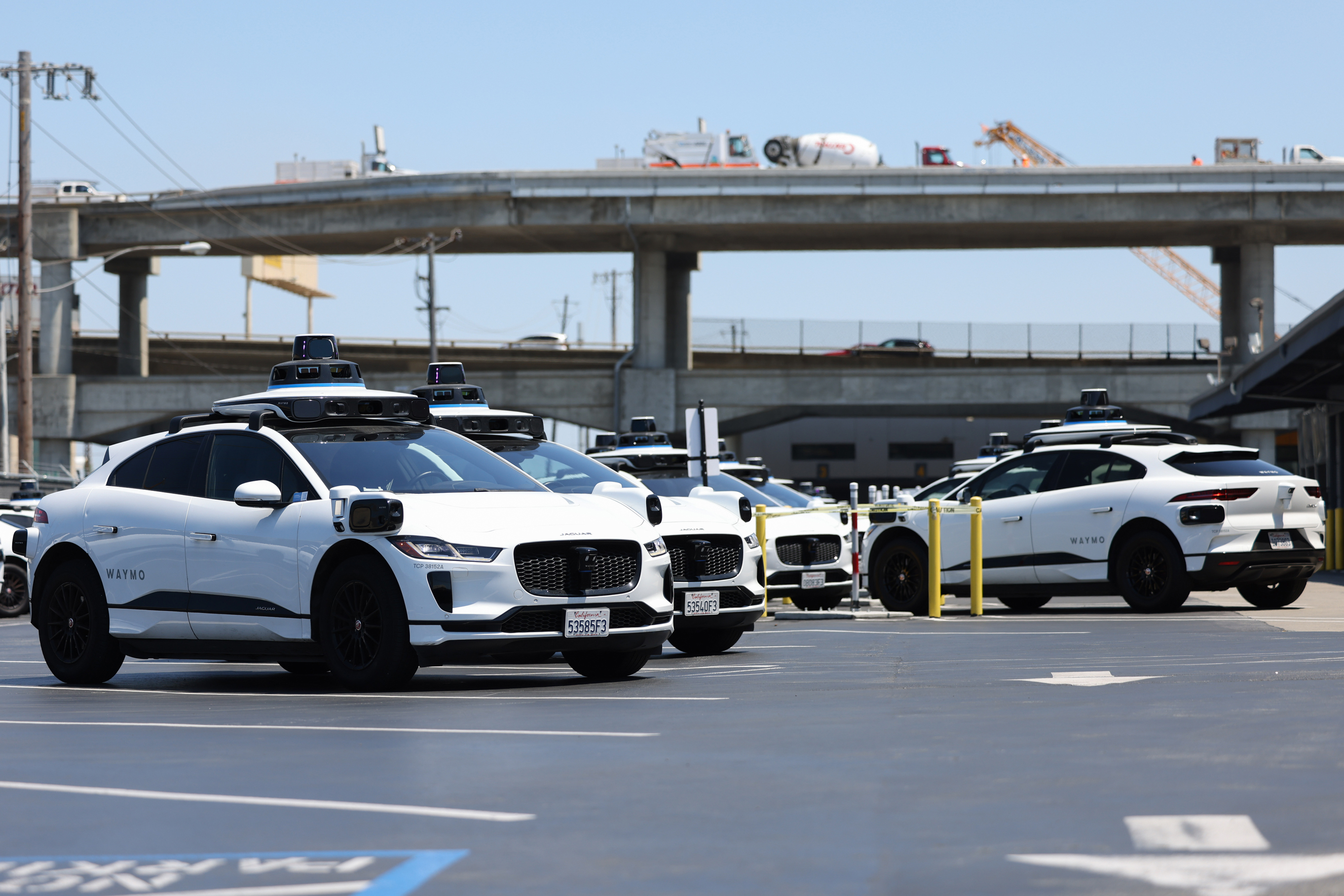Waymo’s plan to roll out robotaxis across the Peninsula is facing opposition from officials, but they’ll likely still see the driverless cars on their streets.
San Mateo County sent a letter to state regulators last week objecting to the robotaxi company’s plan to expand its operations, citing a “lack of local input and the recent public safety incidents involving Waymo and Cruise LLC in the County and City of San Francisco.”
Waymo filed a letter with the California Public Utilities Commission on Jan. 19 seeking approval to expand its services beyond San Francisco’s city limits, where it could offer its services in 22 cities and to San Francisco International Airport. The California Department of Motor Vehicles approved Waymo’s use of freeways, highways and rural roads in January.
“Waymo failed to communicate in any depth or detail with county staff about the specifics of Waymo’s proposal to expand its operations, largely unfettered, into San Mateo County,” San Mateo County Attorney John Nibbelin wrote in the Feb. 8 dated letter.
A Waymo spokesperson said the company reached out to the San Mateo County Board of Supervisors among other officials as well as local first responders for the cities included in its expansion request.
“Our briefings included information on Waymo’s mission, experience, and how our technology works,” the spokesperson said. “Additionally we were transparent with stakeholders about our interest in expanding Waymo’s commercial ride-hailing service for members of the public to include Peninsula cities.”
While San Francisco’s bid to block robotaxis failed, San Mateo is just getting started, but the outlook is uncertain.
San Mateo County’s Board of Supervisors on Tuesday voted to support state Sen. Dave Cortese’s SB 915, the Autonomous Vehicle Service Deployment and Data Transparency Act. The bill, introduced on Jan. 9, would prioritize local control in the deployment and regulation of autonomous vehicle services. The bill has only had a first reading before lawmakers.
SB 915 has support from the California Teamsters Public Affairs Council, the California Conference Board of the Amalgamated Transit Union, the League of California Cities and the California Labor Federation.
A Waymo driverless car was attacked while navigating near fireworks on Lunar New Year in San Francisco’s Chinatown. The stalled car was set ablaze by vandals who broke its windows and tossed fireworks inside.
The incident highlights ongoing safety concerns regarding safety, emergency response and traffic disruption.
Experts see potential pitfalls for expansion to freeways.
Philip Koopman, a Carnegie Mellon professor who studies autonomous vehicles, told The Standard last month that offering highway service puts Waymo at greater risk for dangerous accidents.
“CPUC and the public should be presented with an explicitly stated promise for safety and convenience and should be able in the future to judge whether Waymo has delivered on its promise,” Koopman said.
